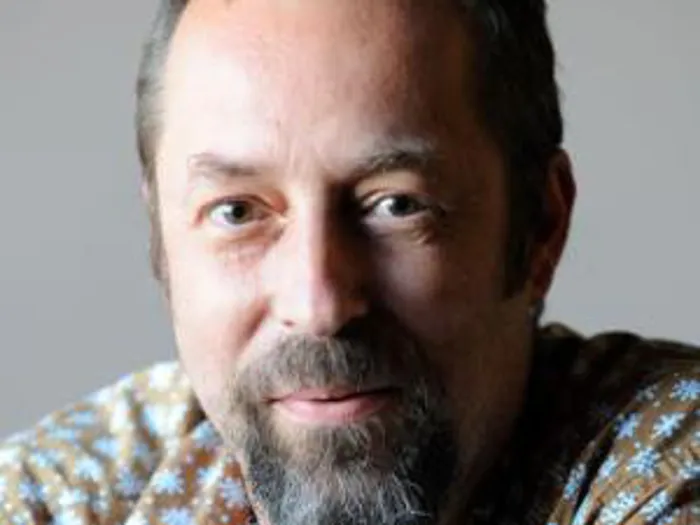Making inclusion a natural outcome

Rory Williams
Greater diversity is an objective in many areas of life because it adds to the richness of experience, makes people feel wanted and gives them the opportunity to join in.
It indicates inclusion in places, organisations or processes. But by looking at the easily measured indicators and adjusting things (urban design, organisational structures, tender requirements…) to get the right mix, we are missing the point.
Old and young, rich and poor, black and white, male and female, rural and urban – we can measure these because the labels create opposing categories. But people are never opposites, no matter how convenient such classifications might seem, because the characteristics that appear to be opposite are not all that define us as people.
If we design systems to encourage inclusion based on these limited categories, we will fail to see the humanity behind the labels, and how society itself can be enriched by creating opportunities for mixing it up. If we just aim for the usual indicators, we face at least three challenges. The obvious one is that we miss the more meaningful forms of diversity. Another is that artificially forcing a change to the mix, through social engineering or clever design of places or programmes, will leave us with questions: What now?
So we’ve got what appears to be a representative sample, but what does that do for the people in the mix? Do we have a better society? We’ve bypassed the process of change that would make the answers obvious.
The third challenge is that this makes it difficult to overcome the objections that people had to mixing in the first place – from both sides of the “opposites”. It will just make people nervous, afraid, indifferent or violent.
There is a limit to how different from us we want other people to be, and we are setting ourselves up for failure by emphasising differences. We can argue about the reasons behind it, but as much as we say diversity is a good thing, we actually want a homogeneous form of diversity.
We say we value outliers, mavericks, people on the fringes of the mainstream, because we know they are often the ones who think critically and take us to another level in some aspect of society or science or the economy. But not when it cuts too close to our own belief systems.
Then we call them losers, heretics and anarchists. (As if those were all bad.) Of course, there is no “we” who agree on how to interpret society and what it gives us. I have implied that the people who say they want diversity are the same ones who object to what diversity really means for us; and if that is sometimes the case, it certainly isn’t always.
In many ways it would be good if we did have a more uniform view of what South African society stood for, where we need to be going and how we’ll get there – and were committed to achieving it, together. Wouldn’t that mean, in fact, that the usual concept of diversity was redundant?
If we are going to talk about this society’s heritage, let’s start with an acknowledgement that we have barely scratched the surface. Even if we generally agreed on what our heritage is, what exactly would it do for us?
Heritage – the kind some people celebrated on Thursday – is mostly about the past, and maybe a bit about the present, but has nothing to do with the future. If that makes you feel good, power to you. It does little for me. I’d like to see how to roll the past and present into a possible future that gives me comfort that where I am going as an individual (and the communities I belong to) will converge with the trajectory of society as a whole. Will I still feel as if I belong in that shared future?
I’d like to see a forward-looking Heritage Day when we talk about the values that will take us to a happy place in a future filled with… what? Not just jobs, but creation of value. Not just shelter, but homes. Not just food, but nourishment.
Not just peace, but well-being. Not just diversity, but learning from others. If we treat those as some of the fundamentals of society, and get them right, inclusion will be a natural outcome, not something needing to be engineered.
l @carbonsmart